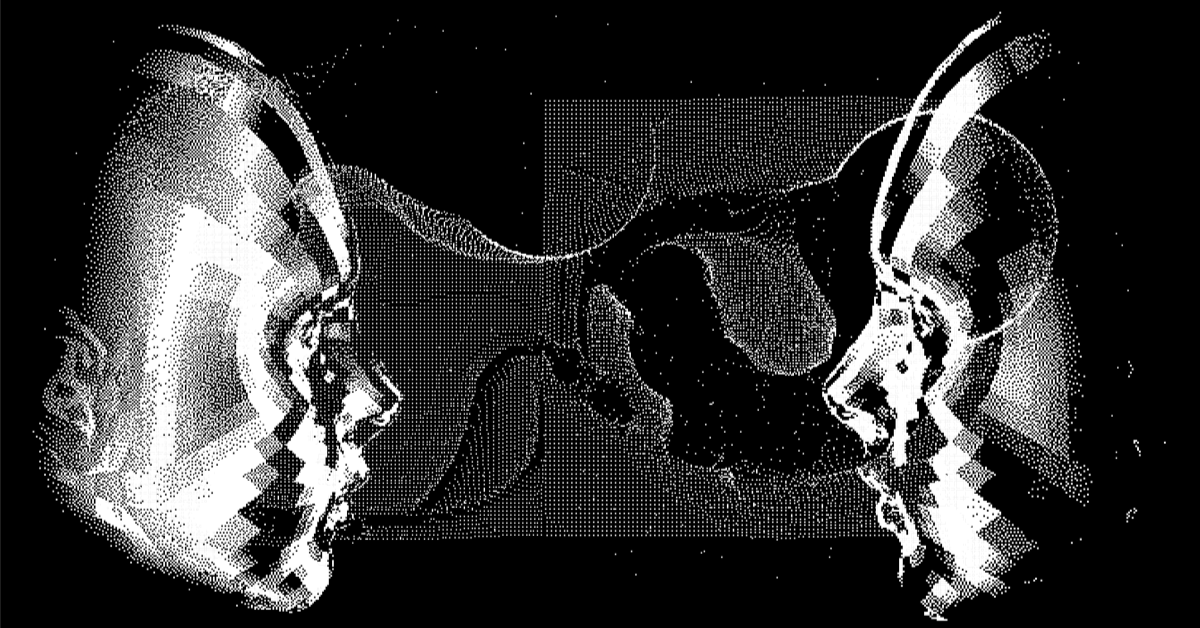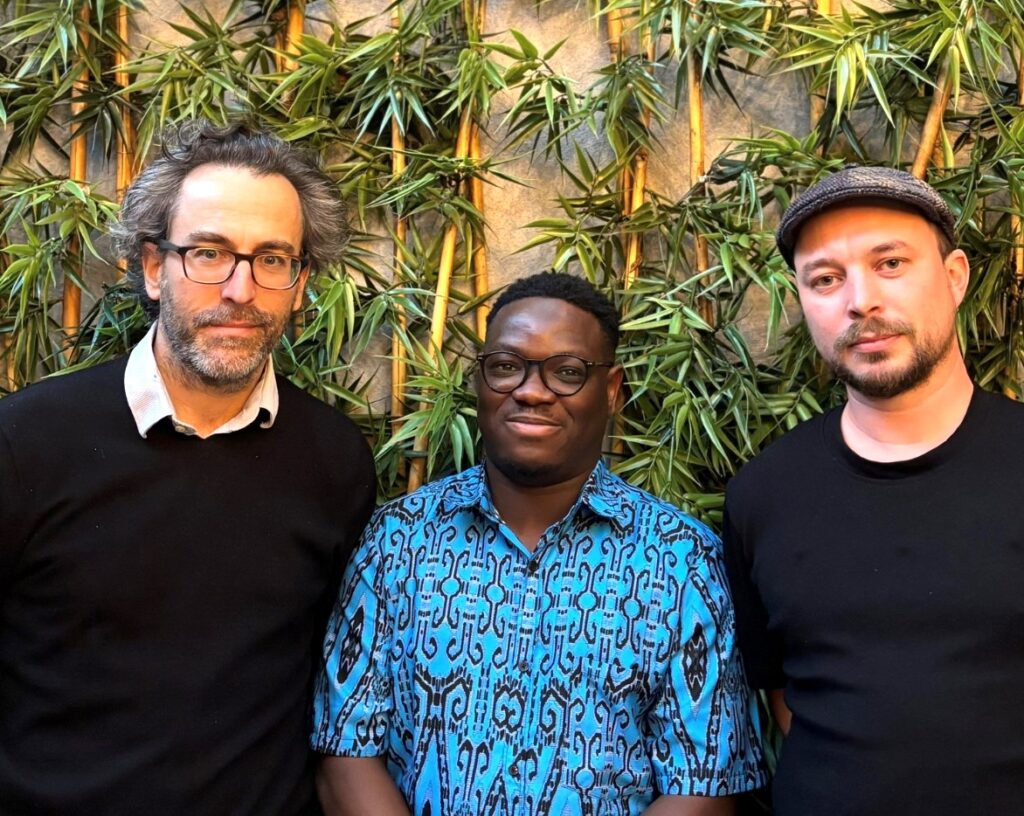- Research
The researcher will co-direct this new entity, which will explore Quebec’s distinct culture and language as they relate to new technologies.

Institut national de la recherche scientifique (INRS) professor Jonathan Roberge is set to head the new Quebec research chair on French-language artificial intelligence and digital technologies alongside his colleague Destiny Tchehouali, professor at the Université du Québec à Montréal (UQAM).
The announcement was made by the Quebec government and the Fonds de recherche du Québec – Société et culture (FRQSC) as part of the Chaires de recherche du Québec – Langue française (Quebec research chairs – French language) competition. The $1.88 million in funding will be spread over five years and will support the presence of French in artificial intelligence (AI), as well as current and future online technologies.
“Right now, the predominance of English in AI and in the development of platforms is quite directly detrimental to the visibility of our French-language content online,” explains Professor Roberge, a specialist in digital culture and cultural policies.
A chair dedicated to the technological challenges of today
Built around three themes, this new research chair’s priority is to support digital literacy and examine the algorithmic biases that can hinder the discoverability of French-language cultural content.
This is a strategic area if Quebec wants to position itself as a major player in the global digital and AI spheres, which are mostly dominated by California-based GAFAM (Google, Apple, Facebook, Amazon, and Microsoft) companies.
Digital discoverability: concrete impacts on Quebec’s cultural industry
In addition to posing a daunting linguistic challenge, the under-representation of French-speaking perspectives in the digital world is a real social issue. With the rise of generative AI—a type of AI capable of producing original creative content—Quebec’s cultural industries risk being severely affected.
“Quebec society is distinct in no small part because of its language, so the issues are enormous. This is especially true since the cultural industry has such a large presence here. This research chair will help improve the representation of French content online, and will also support our French-speaking creators,” emphasizes Professor Roberge.
Partnerships and expertise across the globe
Nearly 10 researchers from INRS, Concordia University, Université Laval, and UQAM will be involved in the Chair’s work. The team will be supported by some 40 collaborators and a number of local and international partners, including Culture pour tous, the Observatoire de la langue française (OIF), and the Sciences Po médialab.

Summer schools, symposia, and study programs will also be set up to train the next generation of scientists interested in the relationship between culture and digital technologies. In tandem, a variety of artistic projects, including an exhibition with the Society for Arts and Technology (SAT), will be launched as part of the Chair’s knowledge mobilization strategy.
Glossary
Algorithmic bias: Machines and AI are fed by pre-existing data, so certain discriminatory biases may favour certain content or results. In this case, an algorithmic bias in favour of English will make content in that language stand out more than content in other languages.
Discoverability: The ability of online content to be discovered by Internet users without being explicitly sought out.
Generative artificial intelligence: A type of AI capable of producing original creative content, such as images, text, and video.



